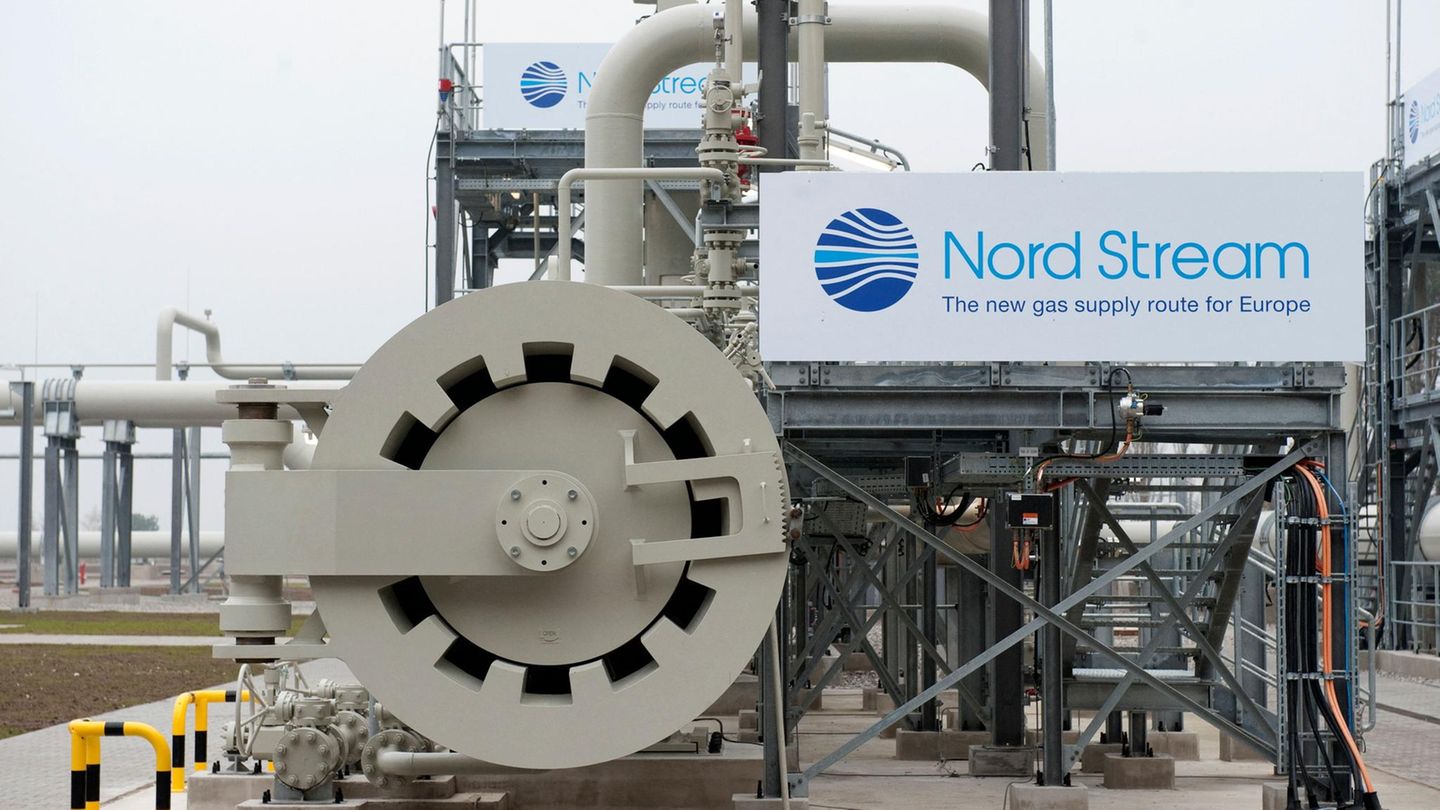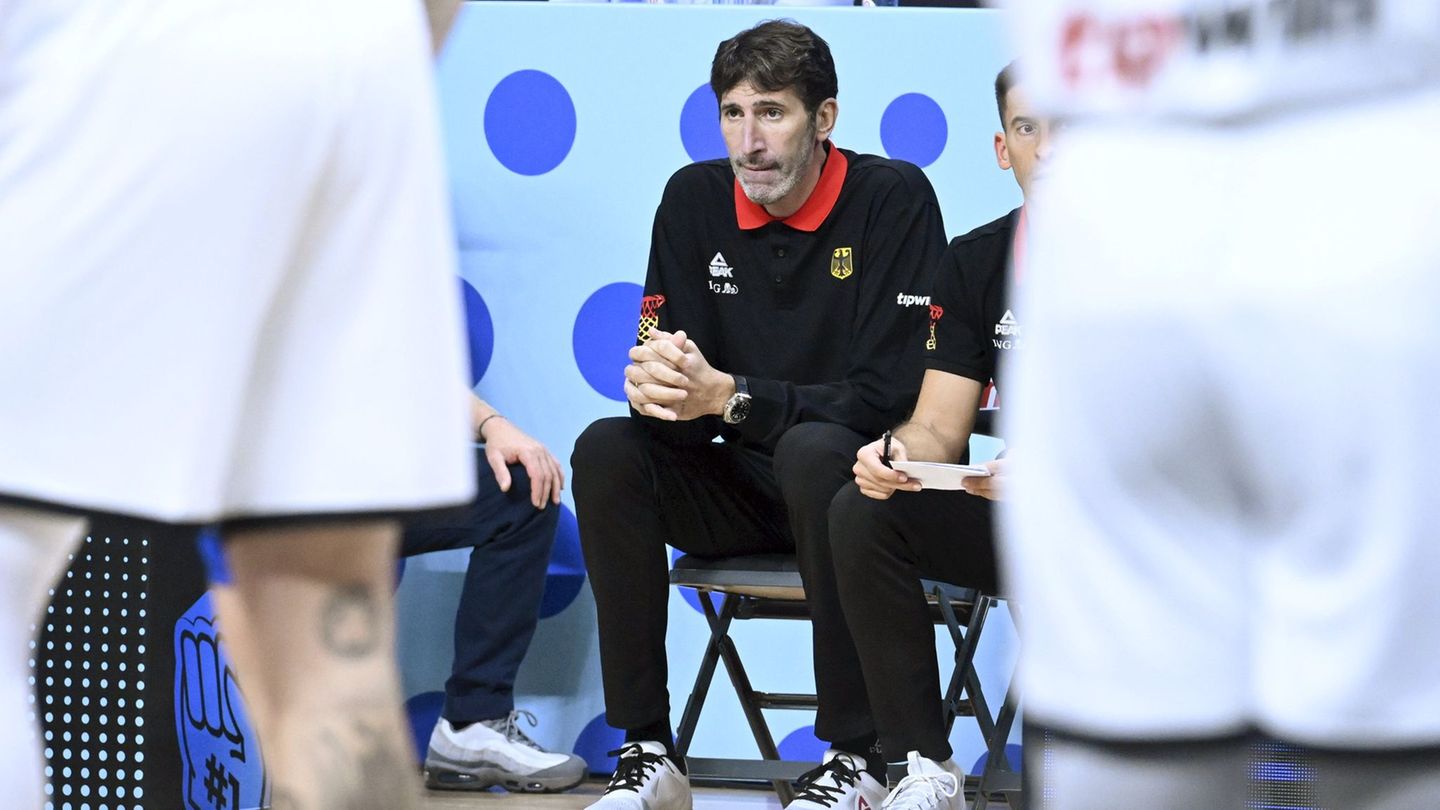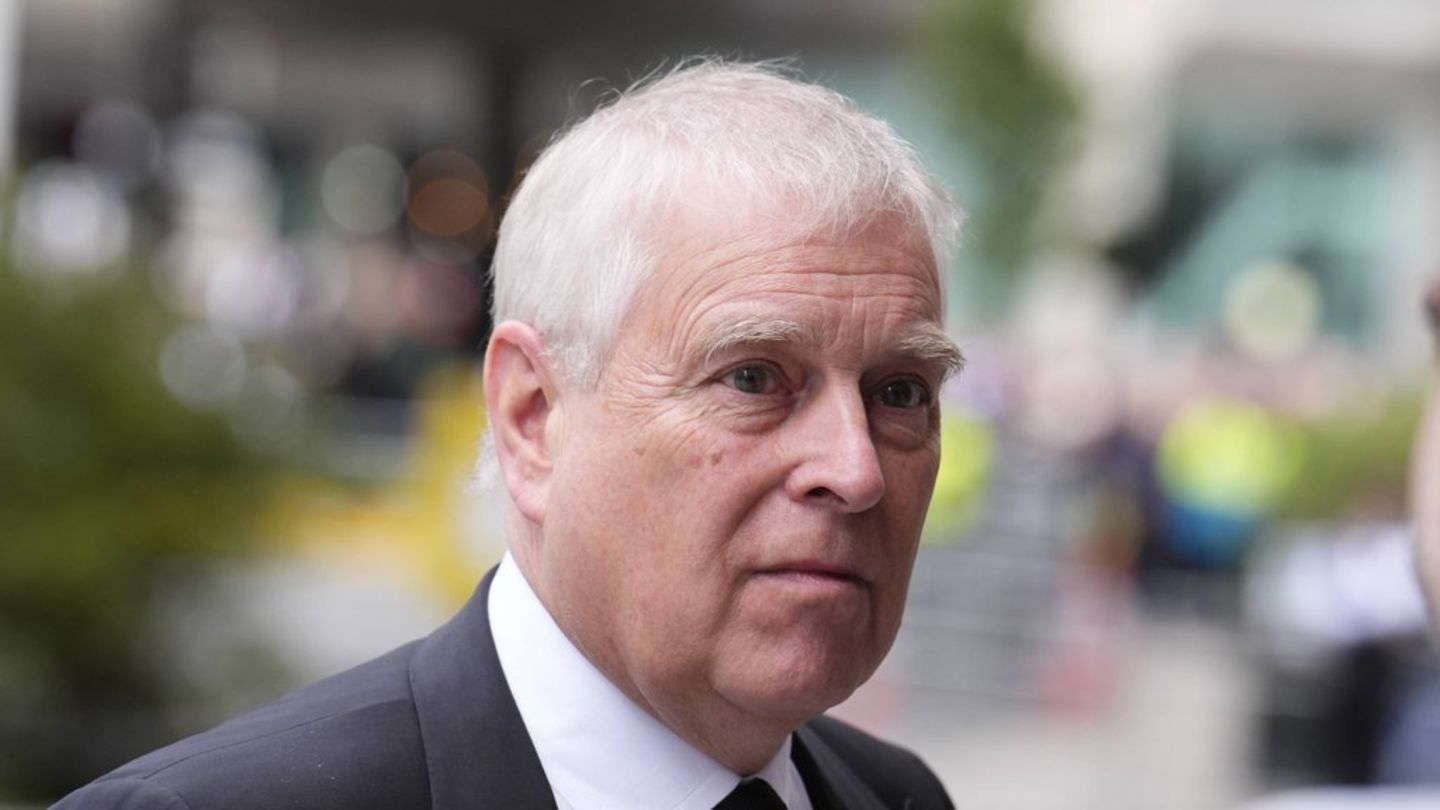Open the gas tap, close the gas tap, open the gas tap… Russia is throttling the delivery volumes through Nord Stream 1. Again. Arbitrarily? Well calculated.
“No surprise,” says Robert Habeck, “although it’s always annoying.” In fact, the bang is limited, apparently it comes exactly as Russian President Vladimir Putin has already done: gas deliveries via the Baltic Sea pipeline Nord Stream 1 will be reduced again on Wednesday morning – allegedly because another turbine now needs urgent maintenance ( ). A pretext, criticizes the federal government. again.
It is this déjà vu that is now causing Federal Minister of Economics Habeck to tremble: The renewed gas throttling is “no surprise” but it is “always annoying that Gazprom is putting forward other reasons,” as he complained on Monday evening in the . “So that they don’t even have the guts to say: We’re in an economic war with you.”
So what’s left to hold onto? If one pretext is thrown out, the Kremlin creates a new one. And Federal Economics Minister Habeck is visibly annoyed by Putin’s games.
But what calculation is the Kremlin pursuing with the delivery lottery, which quite obviously has no technical but political reasons?
According to Habeck, that’s also obvious: Russia’s president is trying to “weaken the great support for Ukraine and drive a wedge in our society. In return, he’s fueling uncertainty and driving up prices.” It’s a “perfidious game” in which Moscow tells “farce stories about these turbines” that just aren’t true.
Too many questions refuse to be answered
The confusion is beginning to take effect, and the prospect of another cut in gas supplies caused the price of natural gas to rise further. On Tuesday morning, the reference futures contract TTF on the energy exchange in the Netherlands briefly jumped over 190 euros per megawatt hour – a level last reached in March, shortly after the start of the Russian invasion of Ukraine.
The uncertainty on the market is obviously great, as too many questions refuse to be answered. For example: will Nord Stream 1 supply volumes remain at 20 percent? Booted up again? Or even further throttled? As early as tomorrow, Putin could even completely cut off the flow of gas through the Baltic Sea pipeline. The only thing that is certain is that the gas may be flowing at the moment, but the crisis remains – and with it the trepidation ahead of next winter.
“Even at a level of 40 percent, we have to make considerable efforts to get through the first winter well,” warned the head of the Federal Network Agency, Klaus Müller, recently. Concerns about an impending bottleneck in the coming weeks and months are growing. If only 20 percent of the maximum capacity comes out of the pipeline, the procurement of a replacement becomes correspondingly more urgent. And filling up the gas tanks more difficult.
Against this background, experts are skeptical as to whether the target set by the federal government of achieving a storage capacity of at least 95 percent by November 1st can still be met:
- “The further reduction in gas deliveries to 20 percent increases the risk that we will lack gas in winter because we will have great difficulty filling our storage facilities,” said Jörg Rothermel, the energy expert at the Chemical Industry Association, the editorial network Germany. This is an uncertainty “that we currently have to live with. Nobody knows how the situation will develop.”
- “It will make it much more difficult to achieve the specifications for the gas level now,” agrees energy expert Jens Südekum from the University of Düsseldorf. However, he sees a chance “to get away with a black eye”: by saving. “We would be able to hold out if something actually happened to private and industrial gas consumption,” he said. “We have to save a good 20 percent there. A lot has already happened in industry. Not enough in private households.” So far, only around five percent has been saved there compared to the previous year. “It has to be much more.”
The Kremlin’s confusion painfully demonstrates Germany’s dependence on Russian gas, on the one hand, and consequently acts as a divisive lever, on the other.
The aim of arousing covetousness (whether at or ) and threatening gestures () is to undermine the determination of the countries that are supporting Ukraine in the fight against Russia, and ultimately to shift their priorities. With initial success: Germany feels shivering about concerns about rising (energy) prices. Federal Foreign Minister Annalena Baerbock warned that there should be no gas from Russia.
Habeck Message to the Federal Republic
According to the Federal Government, the Kremlin is using the gas supplies as an “economic weapon” against Germany and the EU (). The current gas crisis and fears of a further escalation are fueling massive uncertainty and driving up gas prices – which in turn benefits the Russian state budget.
Russia experts like the economist Janis Kluge from the German Science and Politics Foundation point out that a delivery stop for President Putin is above all a “strategic question” – namely at what point in time he will cause the greatest damage in Germany and the EU.
An early stop in deliveries would give the EU countries more time to prepare for the winter and implement austerity measures – something that is politically more difficult to enforce as long as gas is flowing.
The federal government is therefore preparing for a further escalation, for a permanent confusion about the deliveries. Putin uses the means he has, said Federal Minister of Economics Habeck on Monday evening in the ARD “Tagesthemen”. That’s not a surprise either, we’re prepared for it. But: “We are in a serious situation. It’s about time that everyone understood that.” Again he appealed to reduce gas consumption. Germany must stand together and say: “Yes, Putin has the gas, but we have the power.”
Source: Stern
David William is a talented author who has made a name for himself in the world of writing. He is a professional author who writes on a wide range of topics, from general interest to opinion news. David is currently working as a writer at 24 hours worlds where he brings his unique perspective and in-depth research to his articles, making them both informative and engaging.




